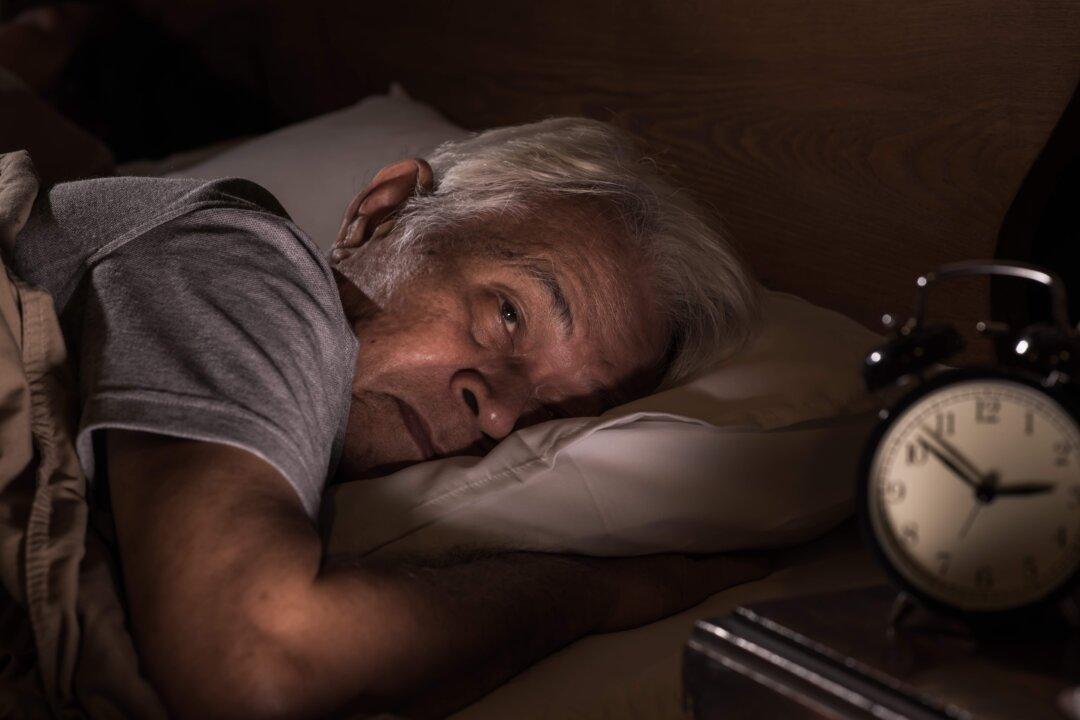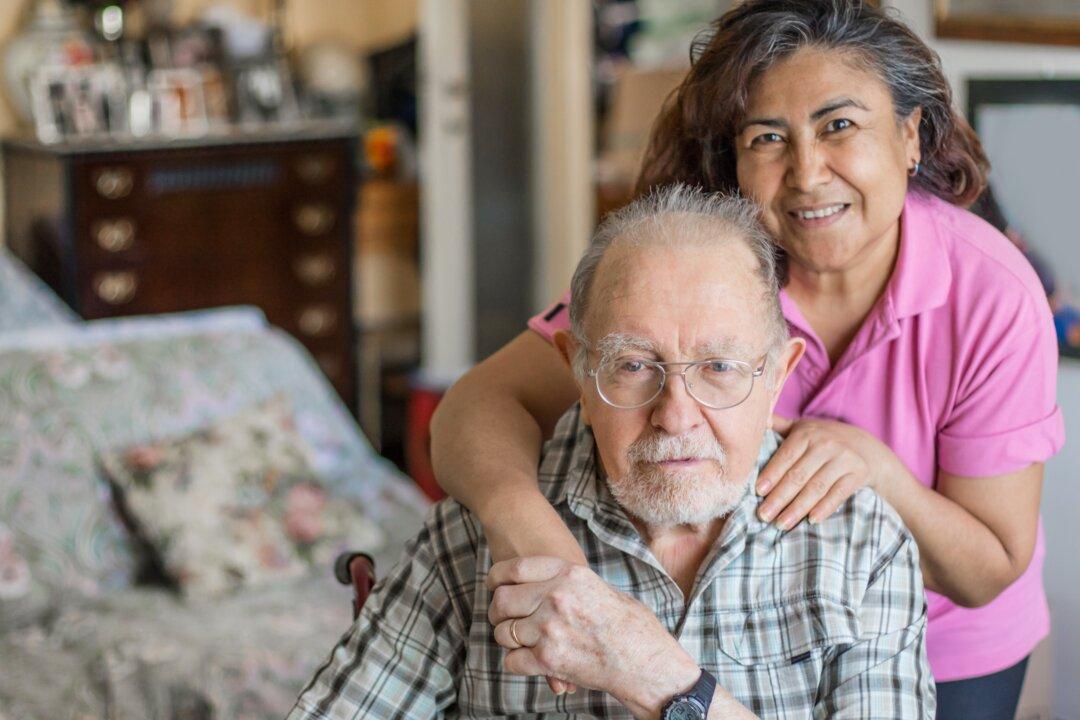It’s no secret that many older men face serious challenges when it comes to healthy social connections. Traditionally, women often maintain a family’s social connections. If a man loses his wife through death or divorce, then staying connected can become a serious challenge. In the United States and the United Kingdom, nearly 1 in 3 people who are older than 65 live alone; and in the United States, half of those who are over 85 live by themselves.
Loneliness has become problematic for seniors, and a variety of researchers have discovered that feeling isolated can have almost twice the impact as obesity on early death. According to John T. Cacioppo, co-author of “Loneliness: Human Nature and the Need for Social Connection,” the ache of loneliness can be equivalent to physical pain.






